But Huawei didn’t stop there. They wanted to go further and create something even better. Something that would make Android look like a relic of the past. Something that would revolutionize the way we use digital currency. Something called HarmonyOS Next.
|
Remember when Huawei got banned by the U.S. government in 2019? That was a tough time for the Chinese tech giant, but they didn’t give up. They decided to create their own operating system, HarmonyOS, as a substitute for Android. And guess what? It worked. HarmonyOS became a hit among Chinese users, especially for IoT devices and phones.
But Huawei didn’t stop there. They wanted to go further and create something even better. Something that would make Android look like a relic of the past. Something that would revolutionize the way we use digital currency. Something called HarmonyOS Next.
Comments
Apple has just dropped a bombshell: it’s changing its iOS platform to comply with the EU’s Digital Markets Act (DMA), which targets the tech behemoths that dominate the digital space. This means that Apple will have to play nice with its competitors and customers, or face hefty fines and sanctions.
If you are a Xiaomi fan, you probably know how to update your device manually using the bigota source. This was a simple and convenient way to download and flash any MIUI ROM on your device without rooting. You could also download the same ROM that you were using from the “download latest package” option in the settings.
However, things have changed since Xiaomi introduced HyperOS, a new operating system based on MIUI 15. Xiaomi has closed the bigota source and replaced it with a new one called ultimateota. This means that you can no longer update your device manually using the old method. You may have seen an error message saying “Access Denied” when you tried to download the MIUI ROM from the bigota URL. Android and iOS have been the dominant forces in the smartphone industry for a long time, but a new contender is emerging in China: HarmonyOS. This is the operating system developed by Huawei, one of the world’s leading smartphone makers. HarmonyOS aims to challenge the status quo and offer a seamless experience across different devices.
If you’re still using Windows 7, 8, or 8.1 with Steam, you might want to upgrade your operating system soon. As of January 1, 2024, Valve has officially ended support for these older versions of Windows, leaving a portion of Steam users without any updates or technical assistance.
Apple is facing a major challenge in the U.S. market as its latest smart watches, the Series 9 and Ultra 2, are banned from import and sale due to a patent dispute with Masimo, a medical monitoring technology company. In this blog post, we will explore the background of the case, the implications of the ban, and the possible outcomes for both Apple and its competitor
If you’re an Android user, you might have noticed some changes in the Play Store lately. Google has been facing some legal challenges from regulators and competitors, and has announced some policy updates that will affect how you download and use apps on your Android devices. What are these changes, and how will they impact your Android experience? Let’s find out!
|
Archives
July 2024
Categories
All
|
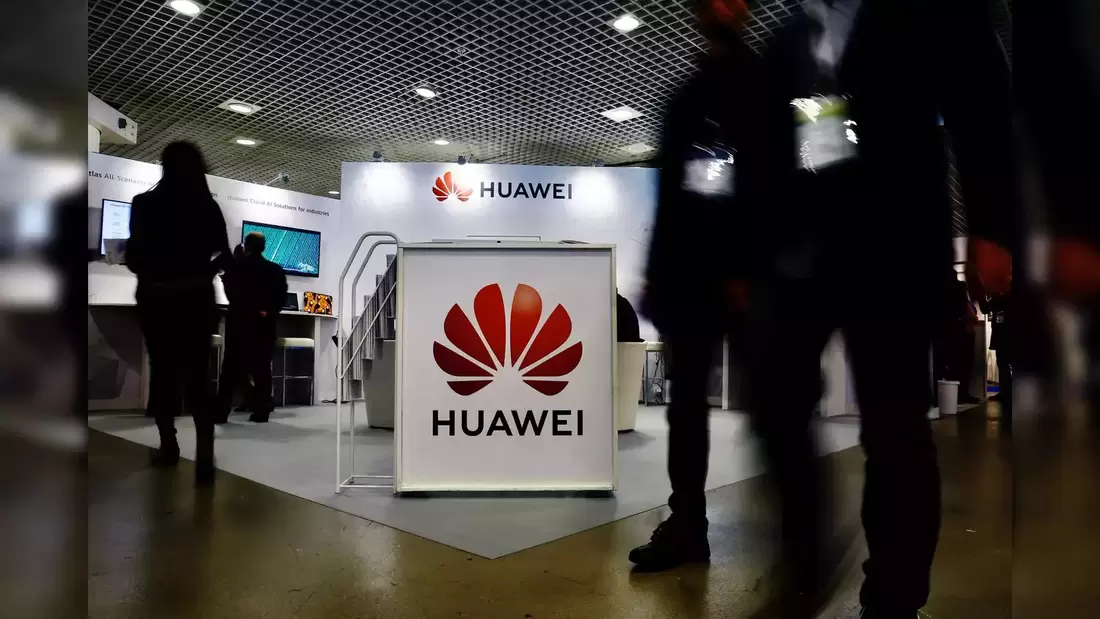
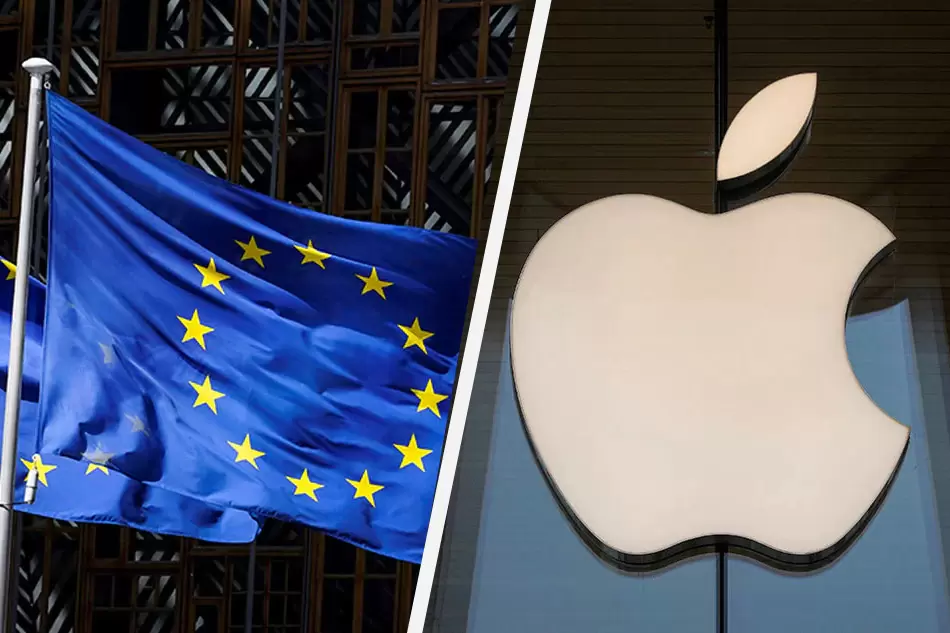
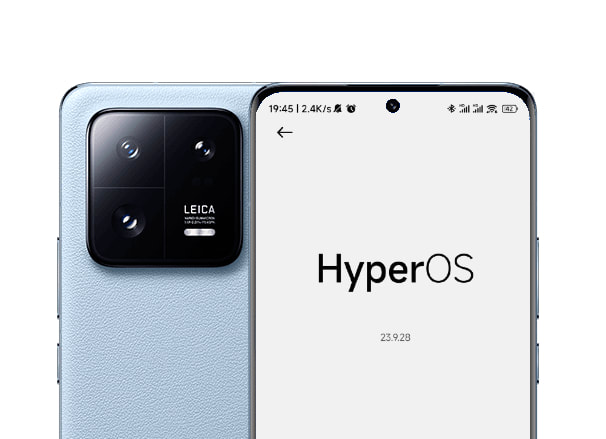
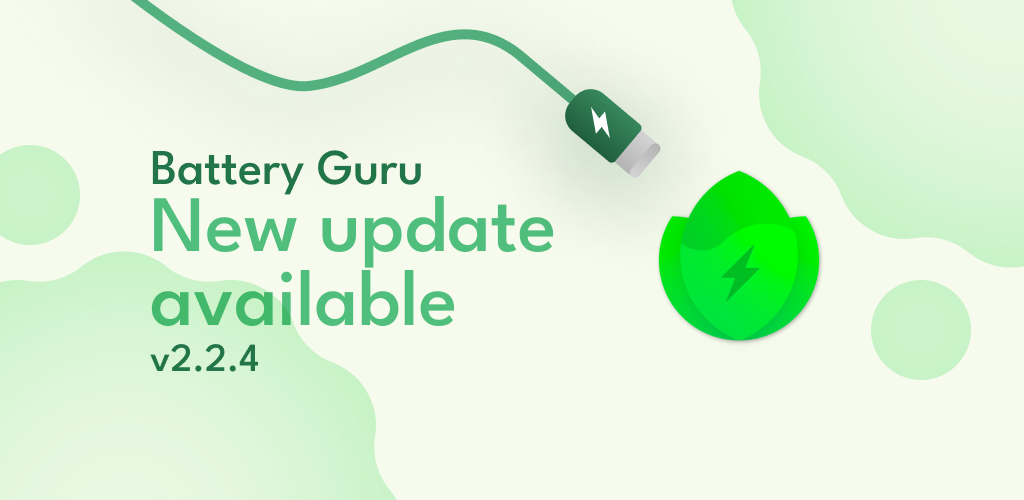
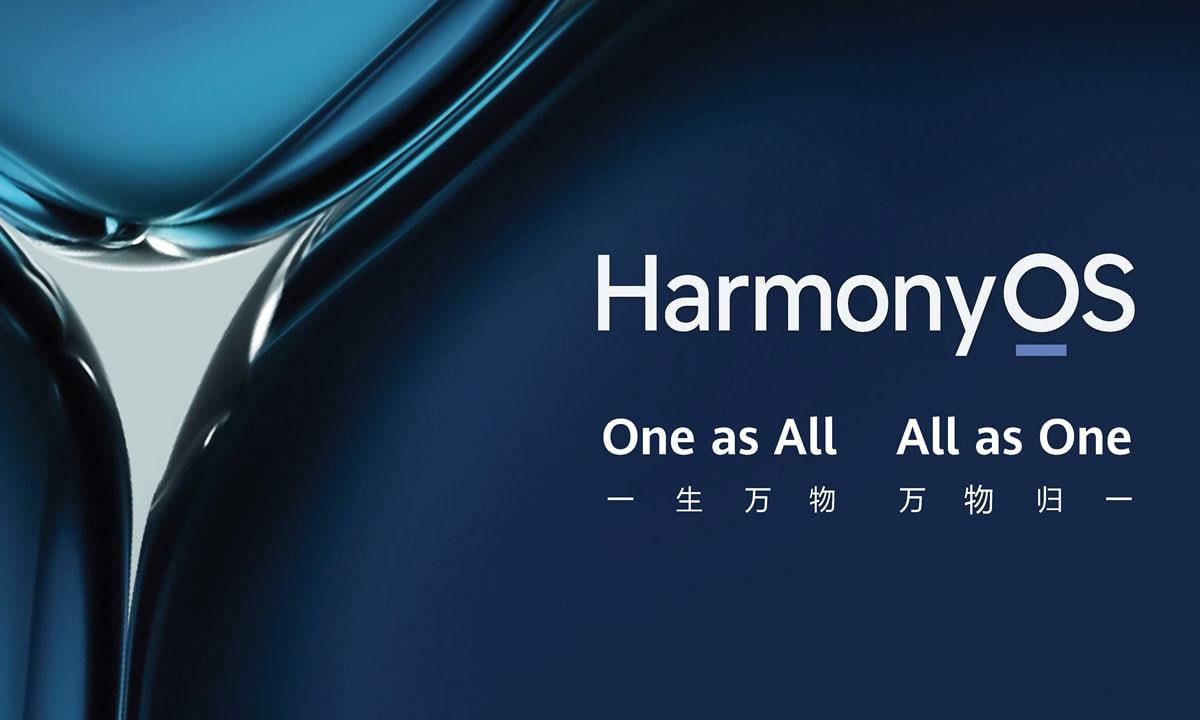
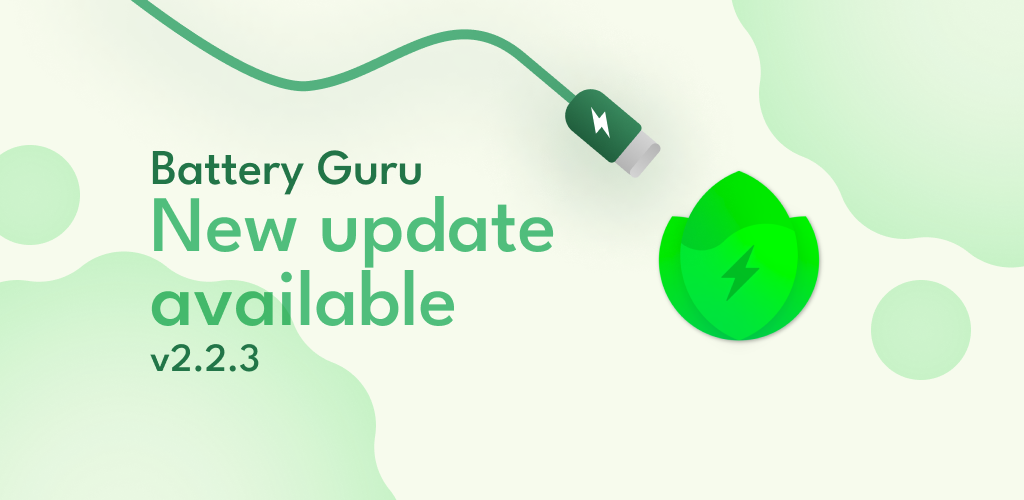
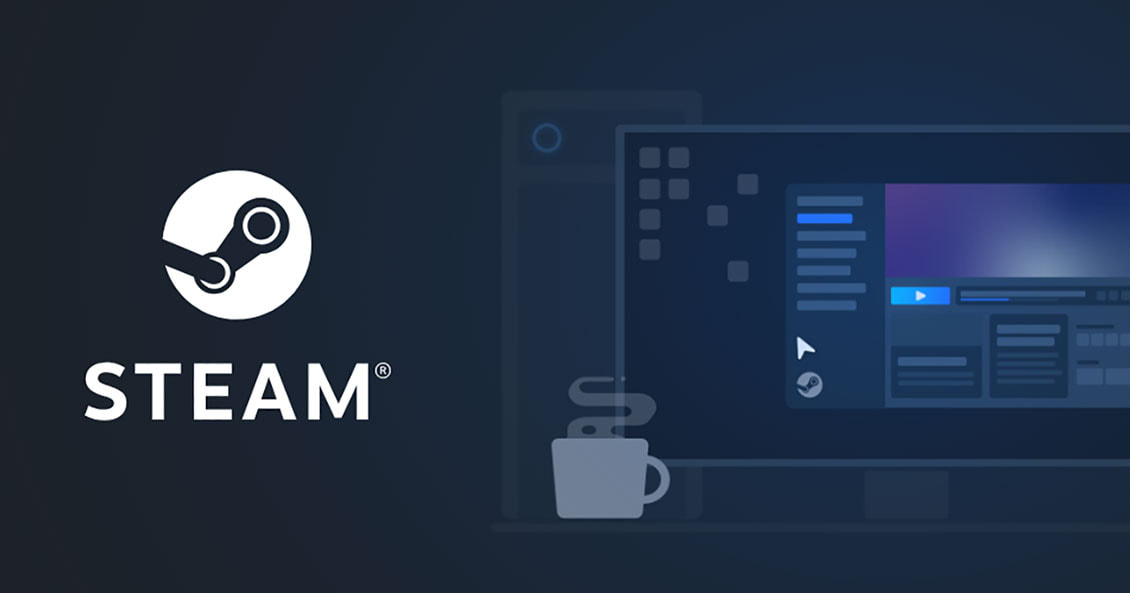
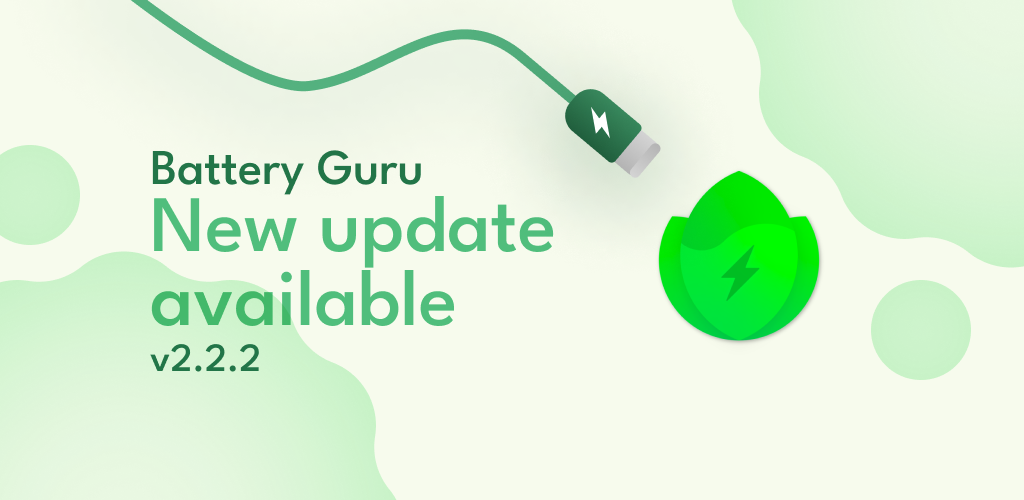
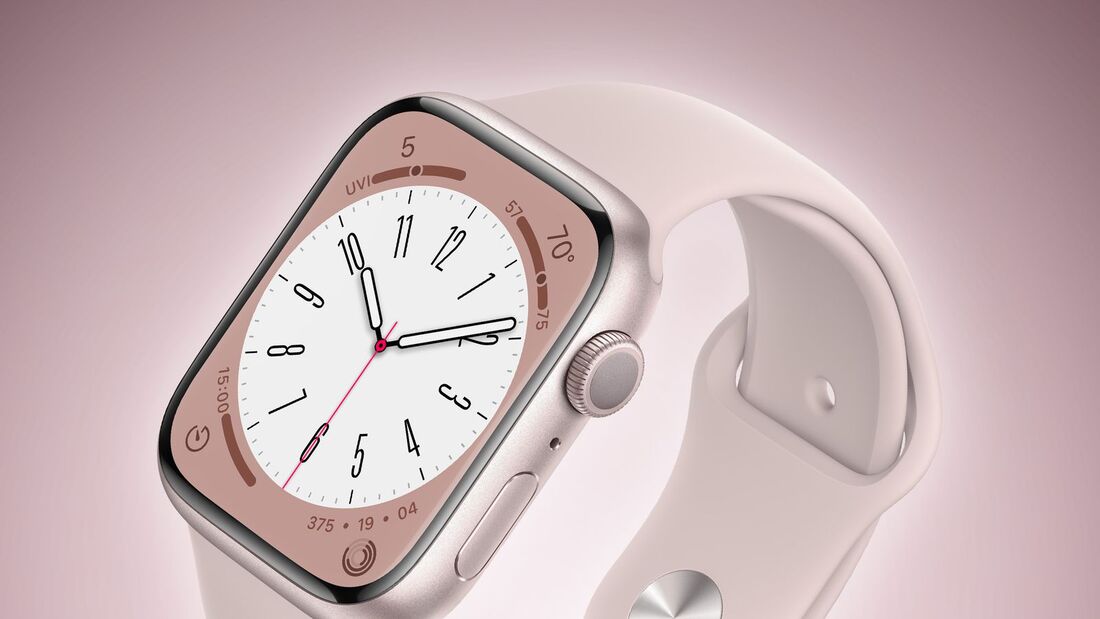

 RSS Feed
RSS Feed